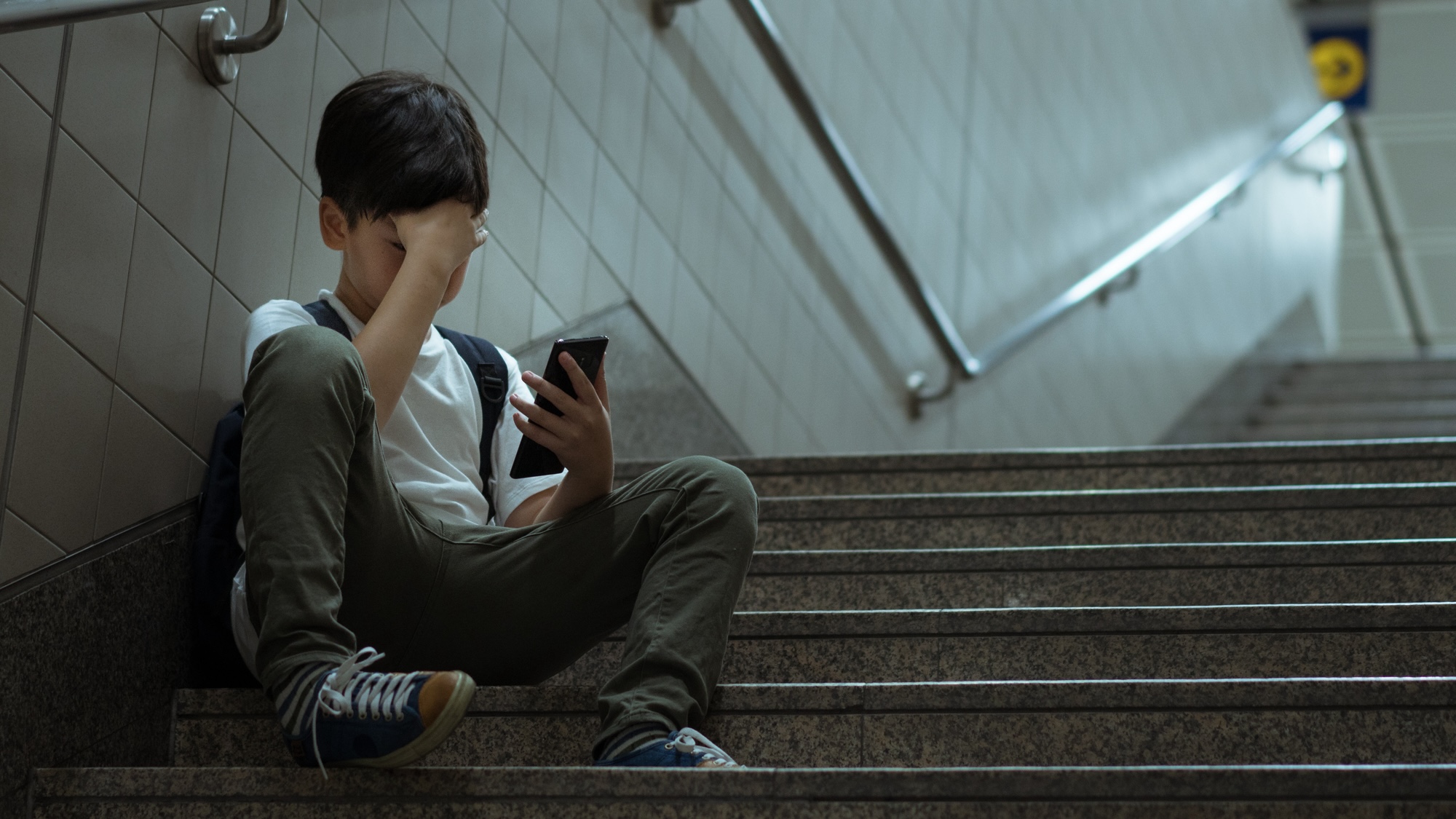

US Surgeon General Vivek Murthy believes social media platforms like Facebook, TikTok, Instagram, and X should be legally required to feature health warning labels similar to tobacco and alcohol products. The nation’s chief public health officer wrote an op-ed published in The New York Times on Monday morning, offering some of his strongest condemnations yet in the ongoing debate surrounding social media’s addictiveness and negative psychological impacts, particularly on young users.
“The mental health crisis among young people is an emergency—and social media has emerged as an important contributor,” Murthy argues. “… It is time to require a surgeon general’s warning label on social media platforms, stating that social media is associated with significant mental health harms for adolescents.”
Surgeon General warnings date back to 1965, when Congress passed legislation requiring cigarette makers to include clear labeling originally stating, “Caution: Cigarette Smoking May Be Hazardous to Your Health.” The regulation came roughly a year after then-Surgeon General Luther L. Terry’s landmark report on tobacco’s link to heart disease and cancer. Similar statements now also accompany products like alcohol, e-cigarettes, and vapes—but like existing advisory labels, any new warnings will require congressional action to implement.
[Related: Utah teens will need parents’ permission to use social media.]
Social media companies are facing increasing scrutiny from health experts, advocacy groups, and bipartisan legislators over their role in offering potentially addictive, often toxic online environments to their users. In April, the American Psychological Association reported teenagers spend almost 5 hours a day on sites like YouTube, Instagram, and TikTok, while a 2019 APA study strongly suggested a direct correlation between young people’s suicidal ideations and their social media use.
Surgeon General Murthy issued an advisory statement in May 2023 highlighting “ample indicators” that these platforms can create a “profound risk of harm to [a young user’s] mental health and well-being.” A few months earlier, the Seattle public school system filed a first-of-its-kind lawsuit accusing major social media companies of profiting off of ongoing adolescent mental health crises, which in turn “directly affects Seattle public schools’ ability to fulfill its educational mission.”
Social media sites are already federally required to ban any users under 13-years-old from their platforms, while apps like TikTok and Instagram have implemented various time-limit notifications and reminders for anyone under the age of 18. None of these alerts are enforceable, however, and teens can simply ignore them if they want to continue using the apps. Likewise, Murthy acknowledged on Monday that far more is needed to address social media’s problems.
“To be clear, a warning label would not, on its own, make social media safe for young people,” he states, adding that more legislation should “shield young people from online harassment, abuse and exploitation and from exposure to extreme violence and sexual content,” along with privacy protections and restrictions on features like “push notifications, autoplay and infinite scroll, which prey on developing brains and contribute to excessive use.”
“There is no seatbelt for parents to click, no helmet to snap in place, no assurance that trusted experts have investigated and ensured that these platforms are safe for our kids,” Murthy said on Monday. “There are just parents and their children, trying to figure it out on their own, pitted against some of the best product engineers and most well-resourced companies in the world.”
Popular Science reached out to Meta for comment but did not receive a response at the time of writing.
